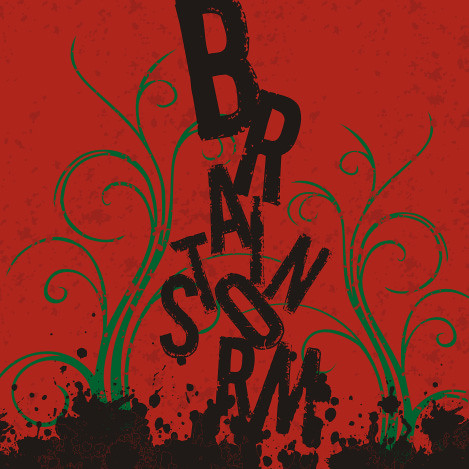Does brainstorming for new ideas really work?
.
No.
Via Imagine: How Creativity Works:
There’s just one problem with brainstorming: it doesn’t work. Keith Sawyer, a psychologist at Washington University, summarizes the science: “Decades of research have consistently shown that brainstorming groups think of far fewer ideas than the same number of people who work alone and later pool their ideas.” In fact, the very first empirical test of Osborn’s technique, which was performed at Yale in 1958, soundly refuted the premise. The experiment was simple: Forty-eight male undergraduates were divided into twelve groups and given a series of creative puzzles. The groups were instructed to carefully follow Osborn’s brainstorming guidelines. As a control sample, forty-eight students working by themselves were each given the same puzzles. The results were a sobering refutation of brainstorming. Not only did the solo students come up with twice as many solutions as the brainstorming groups but their solutions were deemed more “feasible” and “effective” by a panel of judges. In other words, brainstorming didn’t unleash the potential of the group. Instead, the technique suppressed it, making each individual less creative.
And brainstorming’s mantra of refraining from judging or negating ideas is equally wrong:
Which teams did the best? The results weren’t even close: while the brainstorming groups slightly outperformed the groups given no instructions, people in the debate condition were far more creative. On average, they generated nearly 25 percent more ideas. The most telling part of the study, however, came after the groups had been disbanded. That’s when researchers asked each of the subjects if he or she had any more ideas about traffic that had been triggered by the earlier conversation. While people in the minimal and brainstorming conditions produced, on average, two additional ideas, those in the debate condition produced more than seven. Nemeth summarizes her results: “While the instruction ‘Do not criticize’ is often cited as the [most] important instruction in this appears to be a counterproductive strategy. Our findings show that debate and criticism do not inhibit ideas but, rather, stimulate them relative to every other condition.”
Join over 180,000 readers. Get a free weekly update via email here.
Related posts:
New Harvard Research Reveals A Fun Way To Be More Successful




